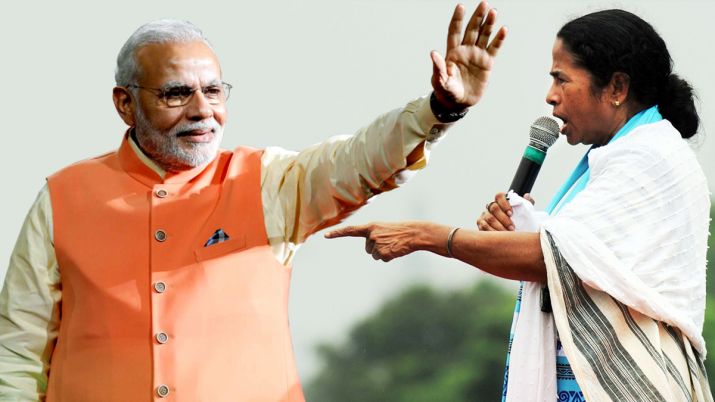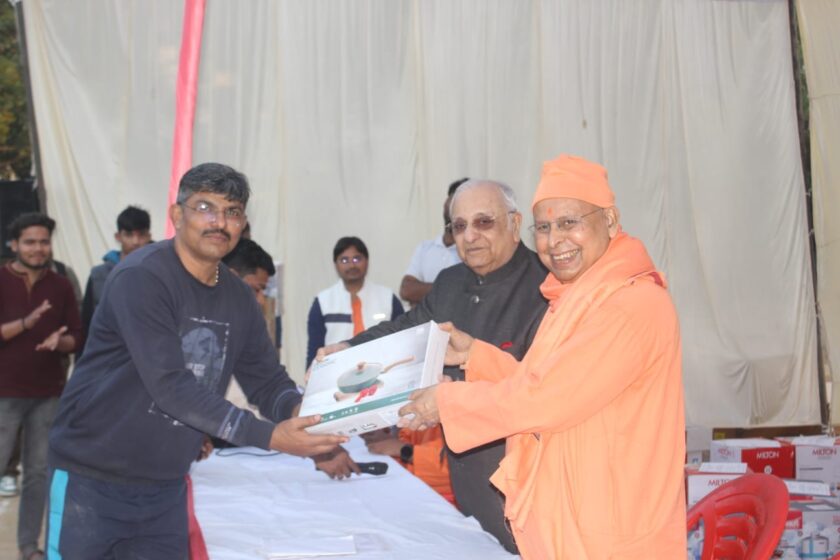New Delhi: In a significant move that could reshape India’s socio-political landscape, Prime Minister Narendra Modi chaired a pivotal “Super Cabinet” meeting on Wednesday, where the decision to conduct a caste census alongside the national population census was approved. Union Minister Ashwini Vaishnaw, addressing the press after the meeting, confirmed this landmark decision, marking a departure from previous government stances.
Caste Census: A Historic Decision
“It has been decided in today’s CCPA meeting that the caste census will be included in the upcoming population census,” announced Vaishnaw. “This is a historic step, as caste census has not been a part of the main census until now.”
While some states have conducted their own caste surveys, the central government’s decision signals a unified approach to understanding the nation’s social fabric. “A comprehensive perspective is necessary to understand the social structure,” Vaishnaw emphasized. “The CCPA has decided that the counting of castes will now be done within the population census, not as a separate survey.”
Criticism of the Congress Party
Vaishnaw also launched a scathing critique of the Congress party, accusing them of never sincerely pursuing a caste census. “The Congress never genuinely embraced the caste census,” he stated. “When they were in power, they never conducted a caste-based census. Today, they are merely using it as a political tool.”
He further alleged that the Congress and its allies used the issue for political gain without considering its genuine social implications. Vaishnaw clarified that while Article 246 of the Constitution allows state governments to conduct social surveys, the inclusion of caste data in the central census will ensure uniformity and accuracy.

Other Key Decisions
Beyond the caste census, the CCPA also approved the construction of a new highway between Shillong and Silchar, with a total cost of ₹22,864 crore. Additionally, the government approved a minimum support price (MSP) of ₹355 per quintal for sugarcane for the 2025-26 season, providing relief to farmers.
National Security Concerns
The meeting also addressed national security concerns following the recent terror attack in Pahalgam. With tensions escalating between India and Pakistan after the tragic incident in Baisaran, where 26 lives were lost, a series of high-level meetings have been convened in Delhi. The CCPA, including key figures like Defence Minister Rajnath Singh, Home Minister Amit Shah, Finance Minister Nirmala Sitharaman, and External Affairs Minister S. Jaishankar, discussed potential responses and strategies.
The government’s decision to conduct a caste census is a significant political and social development. It addresses a long-standing demand from various political parties and social groups. The move is expected to have far-reaching implications for policy-making, resource allocation, and social justice initiatives. The government’s strong stance against the congress party, shows the political charge this issue has. The focus on infrastructure projects and national security also highlights the government’s multifaceted approach to governance.









